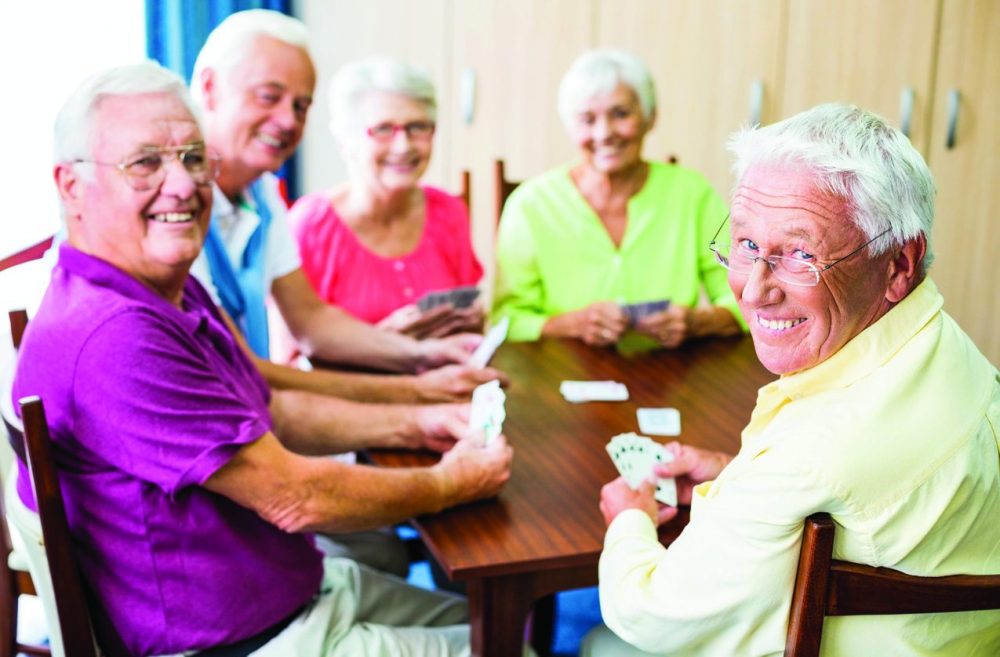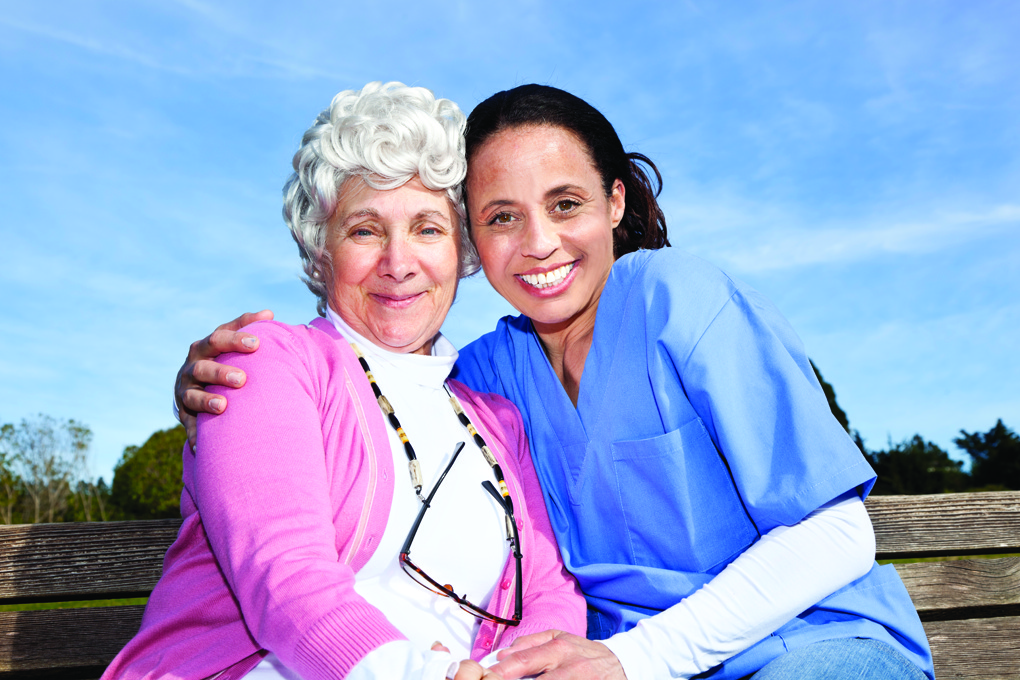Grandparents hold a special place in the hearts of people all over the world. In many cultures, elders are revered and celebrated, and many people know their grandparents as fun-loving folks who sneak their grandchildren candy and let them get away with things when their parents aren’t looking.
The American Grandparents Association says there are 70 million grandparents in the United States, and more than a million people become first-time grandparents every year. Many grandparents even serve as the primary caregivers for their grandchildren. The roles grandparents play in the lives of their children and grandchildren are significant, and the following are some ways to honor the grandparents in your life.
• Create a customized brag book. Grandparents often enjoy sharing photos and stories of their family members with others. Thanks to user-friendly software, it is now easier than ever to design a brag book, photo album or even a photo calendar that grandparents can cherish. Rely on a photo-sharing site to get started. Remember to include special moments, such as family trips or milestone occasions, that highlight what your grandparents mean to you.
• Develop a family history project. Forays into genealogy don’t need to be limited to class assignments. Examining the family tree can be a unique way to spend more time with grandparents or other seniors in your life. Chronicle moments in your family history and compile a catalog of genealogical data. You never know which details of historical significance you may uncover when exploring your family history.
• Organize a special outing. Take an interest in a grandparent’s hobby or occupation. Schedule a date when you spend time together exploring this interest, whether it be fishing, scrapbooking or taking in a sporting event. This will reinforce bonding time. On another day, reverse roles, inviting a grandparent or elderly relative to participate in an activity you enjoy.
• Travel together. Planning a vacation with a grandparent is an ideal way to see some sites and make great memories together. If traveling internationally, investigate how people of different generations live in the country you are visiting.
• Catalog family recipes. Before hosting your next family meal, invite a grandparent over to help with the cooking and to share family recipes. Arrange a day to write all the family recipes down in a single book or file so they can be shared with future generations.











